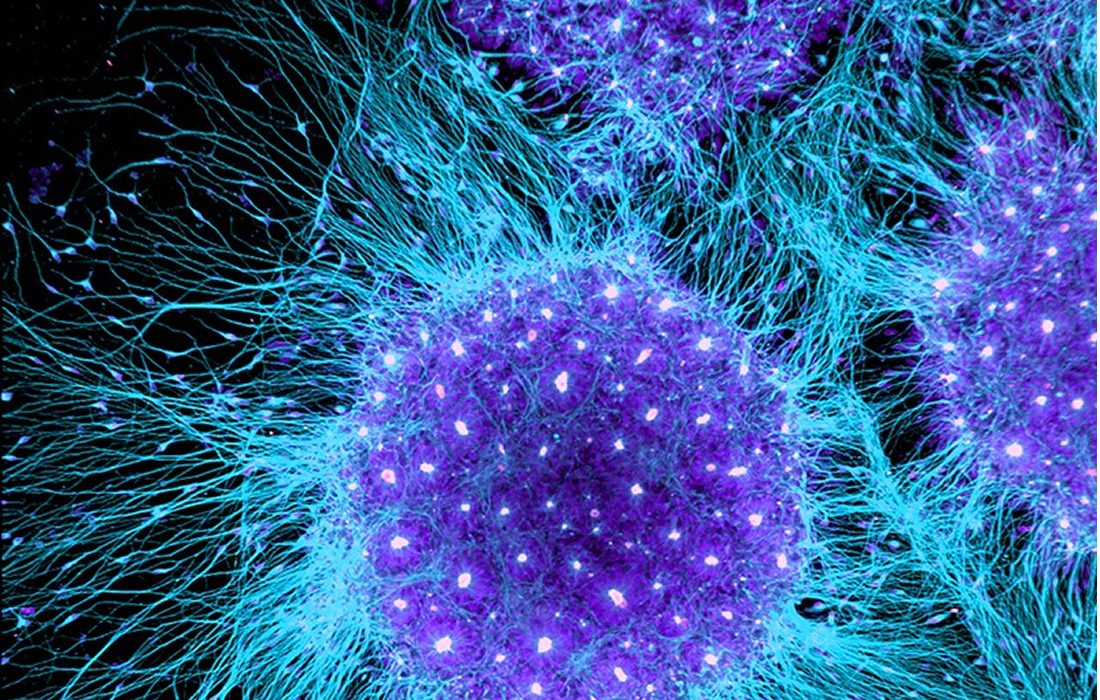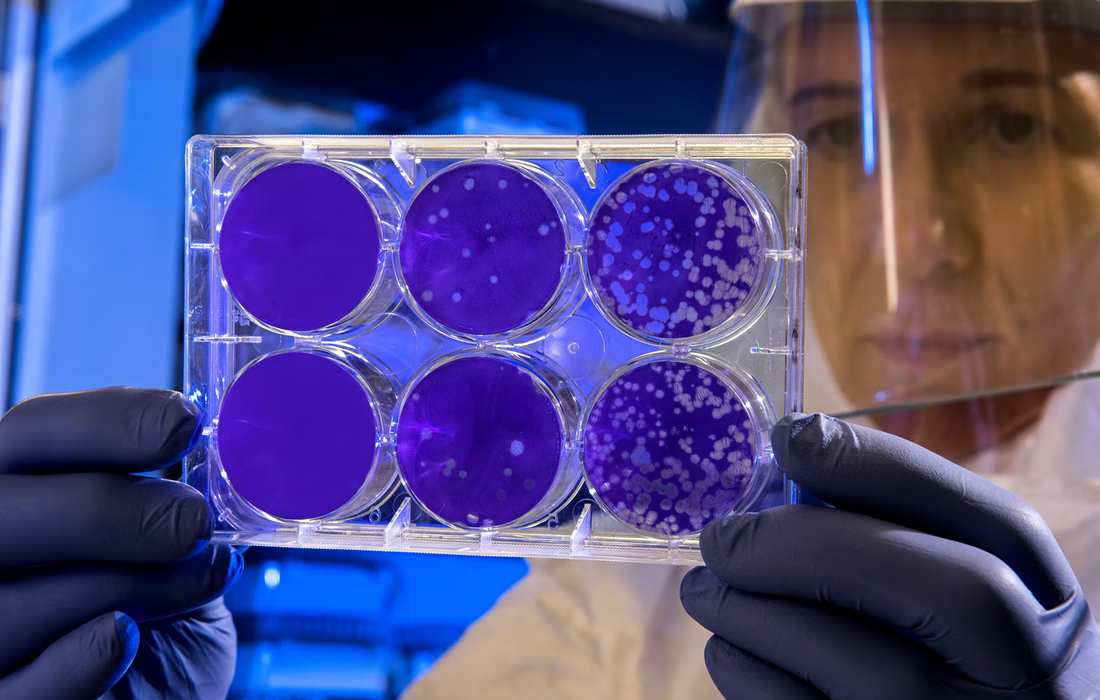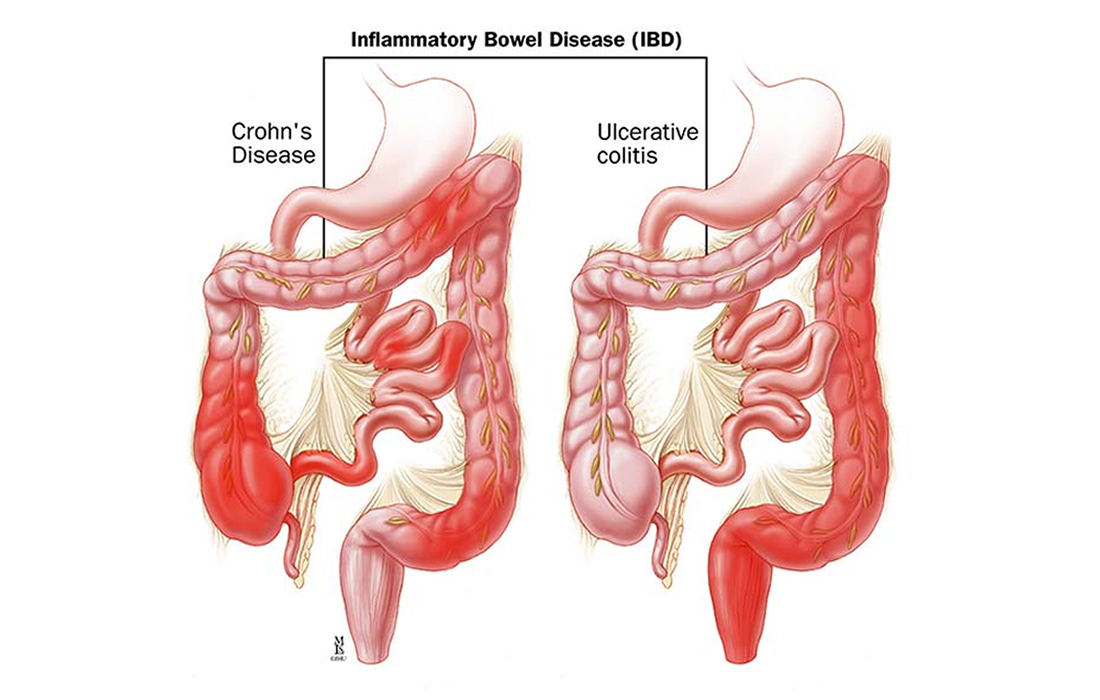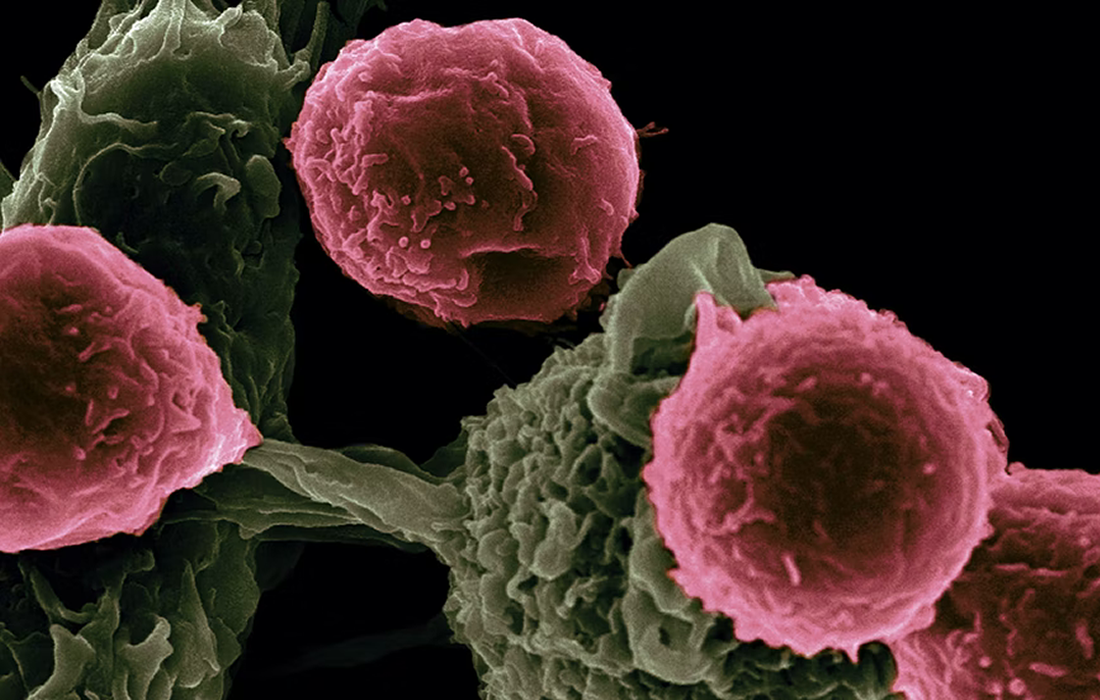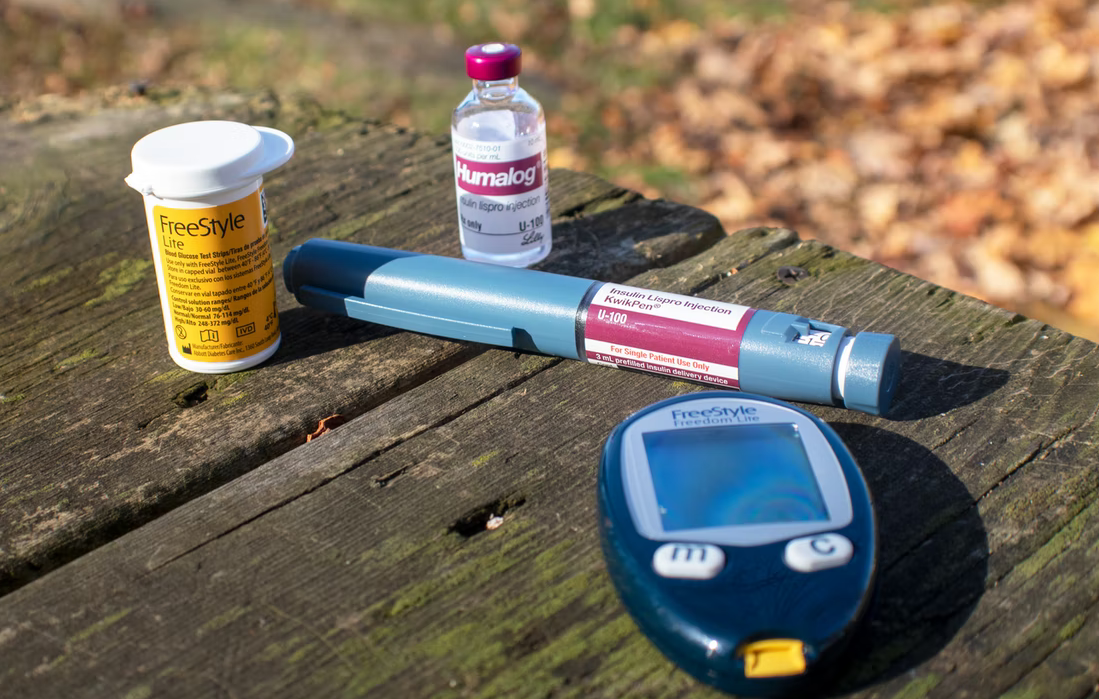An important consideration for the use of human pluripotent stem cells (hPSCs) in biomedical research and regenerative medicine is the acquisition of mutations, in particular in genes associated with cancer. In a study published in the journal Cell Stem Cell, researchers from the University of Exeter’s flagship Living Systems Institute has shown that stem cells […]
Category Archives: Regenerative Medicine News and General Information
The human microbiome contains a community of microorganisms that include bacteria, fungi, and even viruses, which is called the human virome, a community of both beneficial and pathogenic viruses. This virome starts developing at birth and may be an equally important factor in health as the microbiome. In a recently published study, researchers found out […]
Brain autopsy studies have long demonstrated the accumulation of lipid droplets in Alzheimer’s disease (AD), starting with AloisAlzheimer’s initial description of “adipose saccules” in the brain in 1907. There are reports that lower plasma HDL cholesterol (HDL-C) levels are associated with increased severity of AD, and conversely that higher HDL-C levels are associated with better […]
We know from multiple studies that conventional tobacco can cause different adverse effects on our health. But information about vaping devices, including one of the most popular e-cigarettes which also has high nicotine levels, is less established. The use of e-cigarettes or ‘vaping’ has become widespread, particularly among young people and smokers trying to quit. […]
Most colon polyps are harmless, but some over time develop into colon or rectal cancer, which can be fatal if found in its later stages. Colorectal cancer (CRC) is the second most deadly cancer in the world, with an estimated 1.9 million cases and 916,000 deaths worldwide in 2020, according to the WHO. In a […]
Perfluoroalkyl and polyfluoroalkyl substances (PFASs) are synthetic compounds used in a wide variety of industrial and consumer products because of their resistance to heat and unique surfactant properties. Uses include nonstick products, such as Teflon, stain- and water-resistant materials, paints, and firefighting foams. Perfluorohexane sulfonate (PFHxS), perfluorooctane sulfonate (PFOS), and perfluorooctanoic acid (PFOA) are commonly […]
Variation in gut microbiome composition underlies numerous human phenotypes and health outcomes, such as immune function, metabolic disorder, cancer, and psychiatric traits. These variations have been attributed largely to environmental factors, including diet, antibiotic exposure, and birth modality. Some studies have identified genetic associations with the overall composition of the gut microbiota, in addition to […]
Inflammatory bowel disease (IBD) is characterized by chronic inflammation of the gut mucosa that is thought to increase the risk of colon cancer. The disease typically starts before middle age with symptoms such as abdominal pain and weight loss. The cause is unknown, but genetical, environmental, and immunological factors are all believed to play a […]
Small cell lung cancer is the least common type of lung cancer, but it spreads faster than non-small cell lung cancer. Early lung cancer screenings can detect small cell lung cancer before it spreads when the disease is most treatable by methods like radiation therapy, immunotherapy, and chemotherapy. An estimated 15% of people diagnosed with […]
Diabetes mellitus is a chronic disease that affects over 460 million people worldwide (International Diabetes Foundation, 2019) and bears a significant financial, disability, and mortality cost for health care systems and patients globally. Almost 130,000 new cases of type 1 diabetes are diagnosed each year, and patients face a lifetime of exogenous insulin therapy. Approximately […]

